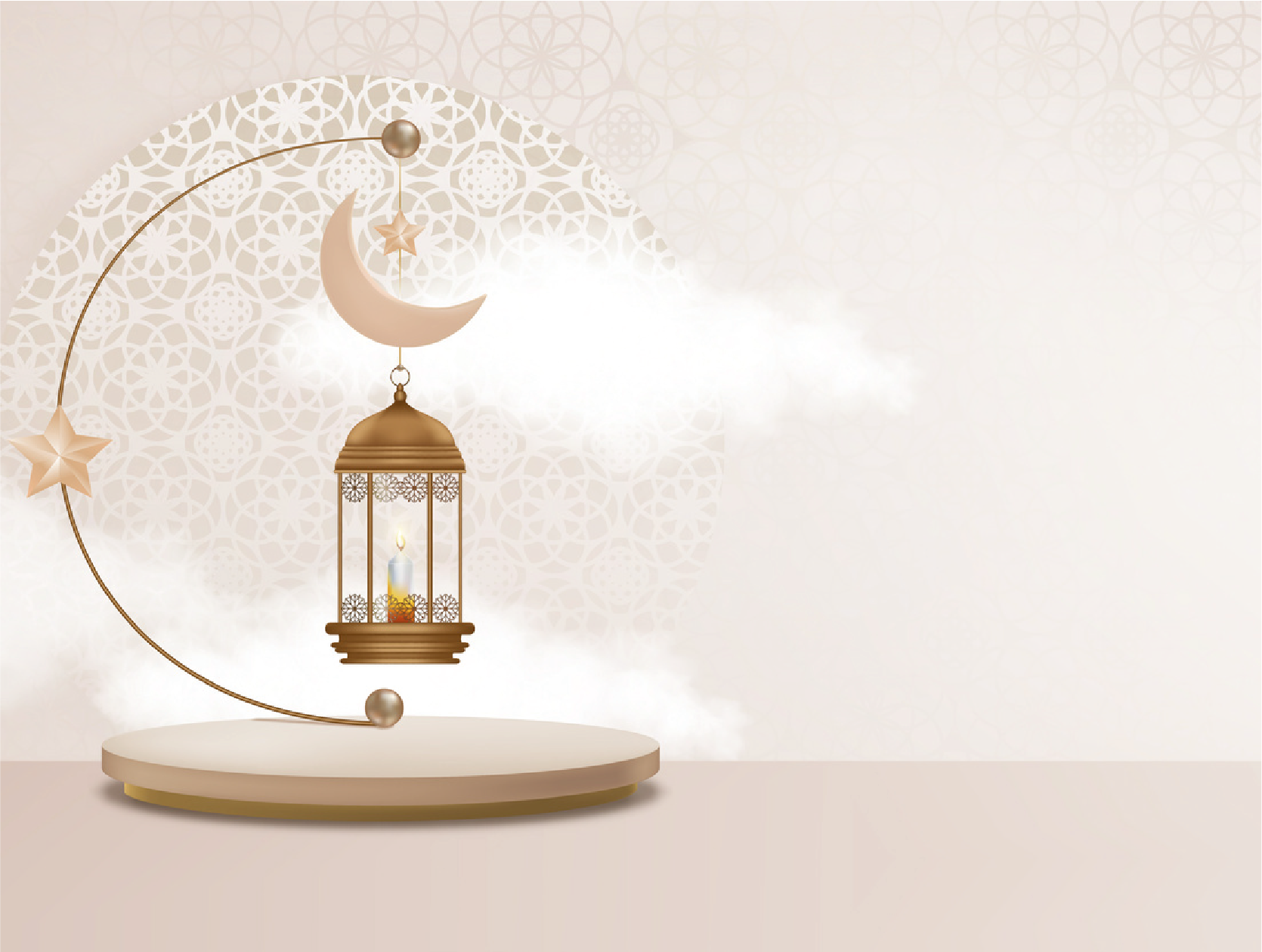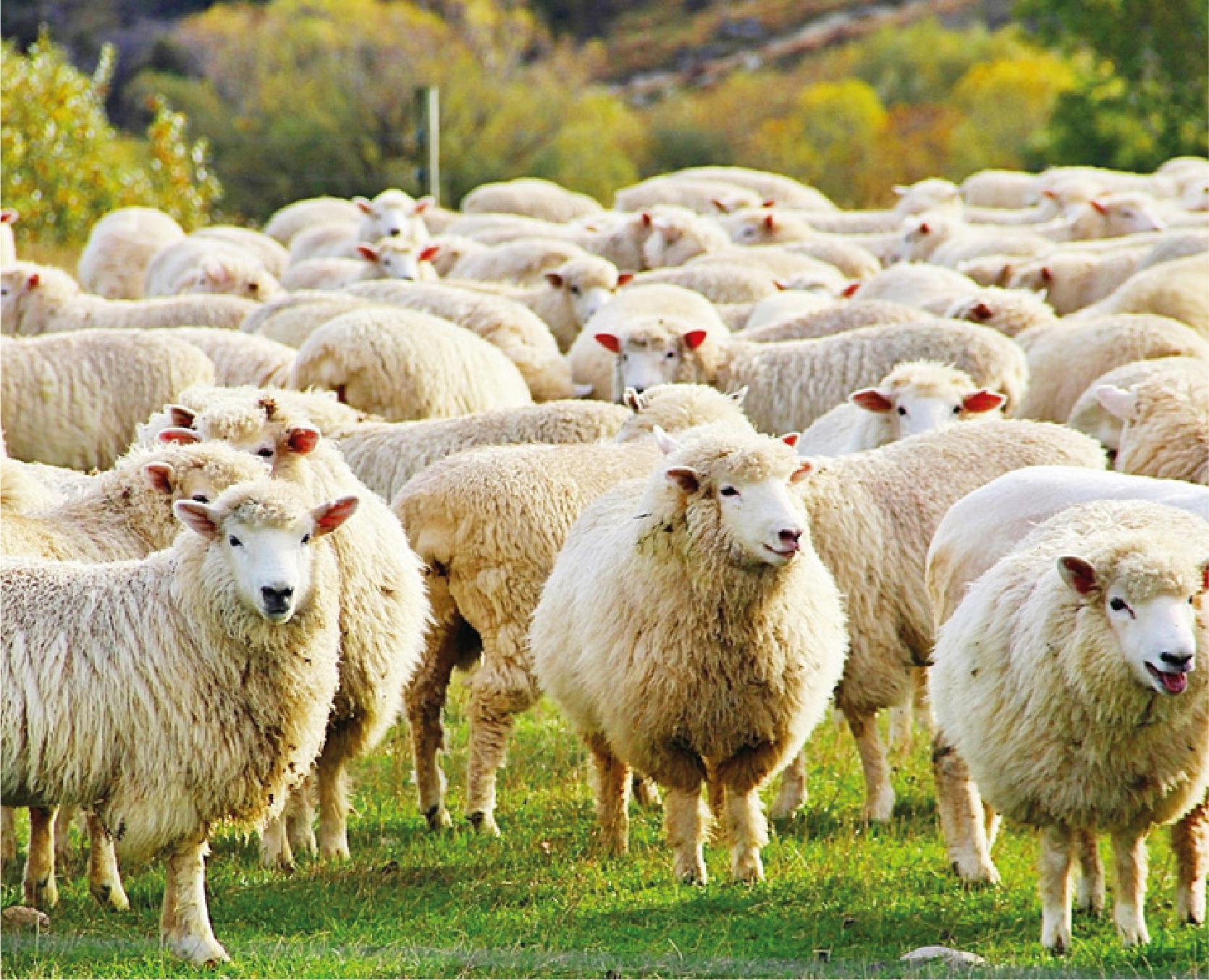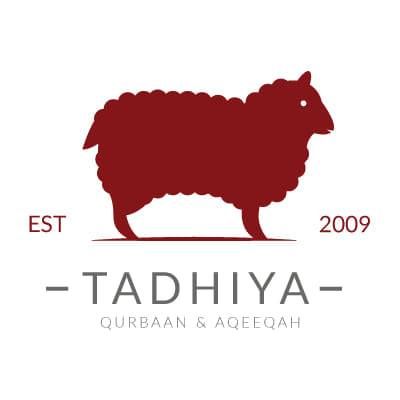
Qurbaan
Qurbaan, also known as Qurbani or Eid al-Adha sacrifice, is the Islamic tradition of sacrificing an animal during the festival. It commemorates Prophet Ibrahim's willingness to sacrifice his son Isma'il as an act of obedience to God. Muslims worldwide perform this ritual during Eid al-Adha, sharing the meat with family, friends, and those in need. It's an act of worship, gratitude, and community
solidarity.
From R3200
Sadaqah Sacrifice
A Sadaqah sacrifice, also known as voluntary charity sacrifice, is a practice in Islam where a person offers an animal for sacrifice outside of the obligatory Eid al-Adha period. This sacrifice is typically done for various reasons, such as seeking blessings, expressing gratitude, or fulfilling a personal vow. The meat from the sacrifice is distributed among family, friends, and those in need, similar to the distribution of Eid al-Adha sacrifices. It's a way for Muslims to give back to their communities and seek spiritual rewards.
From R3200


